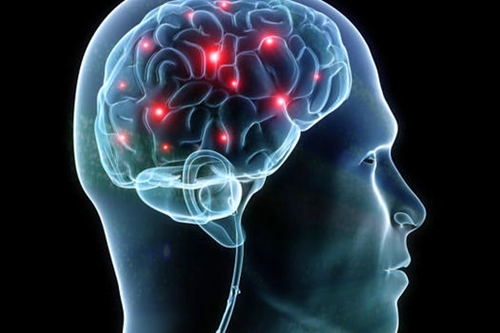21 July 2017. California’s agency supporting stem cell research for regenerative medicine is helping fund a clinical trial testing stem cell treatments for amyotrophic lateral sclerosis, or ALS. The trial is planned by Brainstorm Cell Therapeutics in Petach Tikva, Israel supported by a $15.9 million grant from California Institute for Regenerative Medicine.
ALS, also known as Lou Gehrig’s disease, is a progressive neurodegenerative disorder where neurons or nerve cells controlling muscles in the body begin to waste away, and can no longer send or receive signals from the brain or spinal cord. As the nerve cells stop functioning, the muscles in the limbs, and later speech and breathing muscles, begin weakening and eventually stop functioning. Most people with the disease die of respiratory failure.
Brainstorm’s NurOwn technology, licensed from Tel Aviv University, extracts stem cells from the patient’s bone marrow that are transformed into cells supporting development of nerve cells. These transformed stem cells, says the company, secrete proteins called neurotrophic factors that protect nerve cells, as well as encourage their growth and interactions with muscles. Because the original cells come from the patient, they have little risk of rejection by the immune system.
Brainstorm says the late-stage trial is in advanced planning stages, but will enroll some 200 individuals conducted a 6 sites in the U.S. The main efficacy measure is expected to be a standard ALS Functional Rating Scale that evaluates patients on their ability to perform various physiological functions, such as salivating and swallowing, and everyday activities like walking, handwriting, and cutting food.
Some of the trial’s participants are expected to be individuals with faster-progressing ALS who took part in an intermediate-stage study of NurOwn stem cell treatments, with results published in July 2016. As reported in Science & Enterprise, the results overall showed patients receiving NurOwn stem cells experienced smaller declines in function over 24 weeks from before the start of treatments, compared to other patients receiving a placebo. Participants in that trial with faster-progressing ALS reported higher functional rating scale percentages at each testing point, than patients receiving the placebo.
California Institute for Regenerative Medicine, or CIRM, funds research at institutions and companies in the state developing stem cell treatments for patients with unmet medical needs. The agency also supports studies by companies or institutions from outside California that conduct at least part of their research in the state. This suggests one or more of Brainstorm’s sites will be in California.
More from Science & Enterprise:
- Darpa Funding Research on Brain-Digital Implants
- Brain-Computer Device Tested with Consciousness Patients
- Neuro Device Company to Begin Clinical Trials in Europe
- Biotech, Pharma Partner on Neuro Drug Discovery
- LEDs Shown to Reduce Alzheimer’s Brain Plaques
* * *


 RSS - Posts
RSS - Posts
You must be logged in to post a comment.